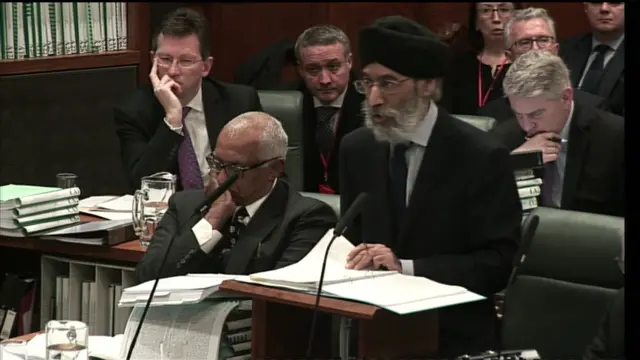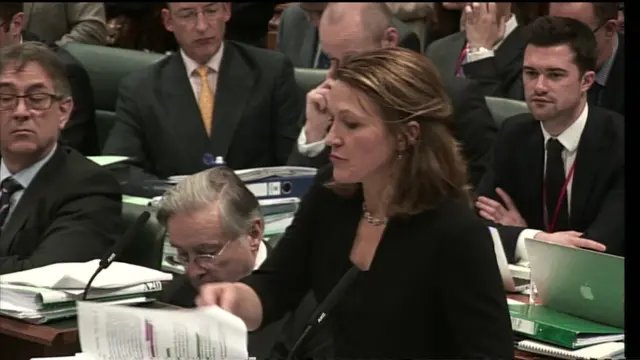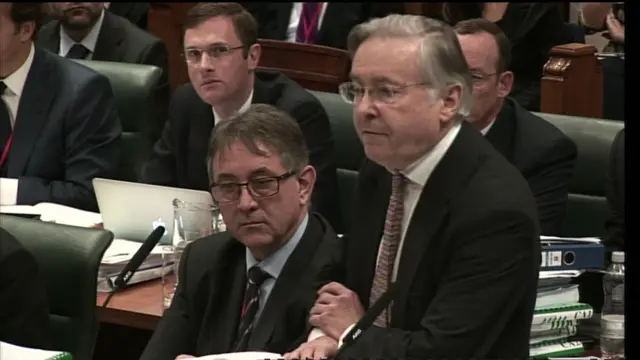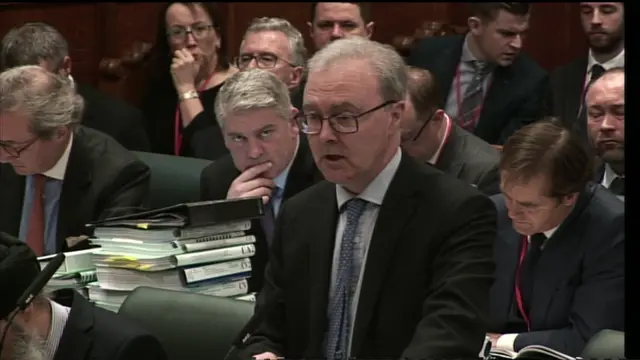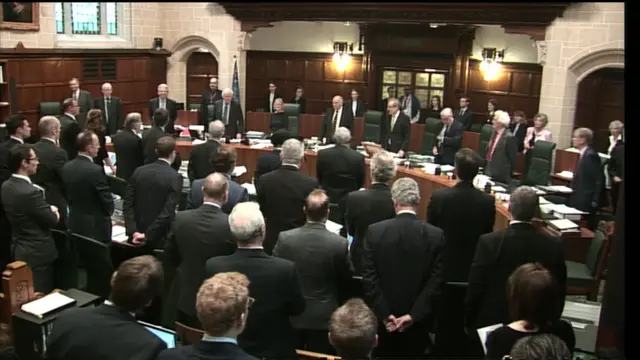Johnson's comments: A truth usually left unsaid?published at 13:47 GMT 8 December 2016
 BBC Radio 4
BBC Radio 4
Still on the Boris Johnson row, James Robbins, BBC diplomatic correspondent, says that Britain for decades had put its weight behind an enormous, multi-billion pound trading relationship with Saudi Arabia, which was also seen as a vital source of intelligence. Ultimately the UK believed its interests lay with Saudi Arabia.
He said Mr Johnson had been talking about a whole series of proxy wars which had pitted Saudi Arabia in particular - as the superpower of the Sunni world - against Iran, the superpower of the Shia world - which were being played out in Yemen, and previously in Lebanon and Iraq, as well as now, to some extent, Syria.
"Boris Johnson thought he was speaking a truth that is normally left unsaid and that is what has caused the huge problem," James Robbins told BBC Radio 4's World at One.
